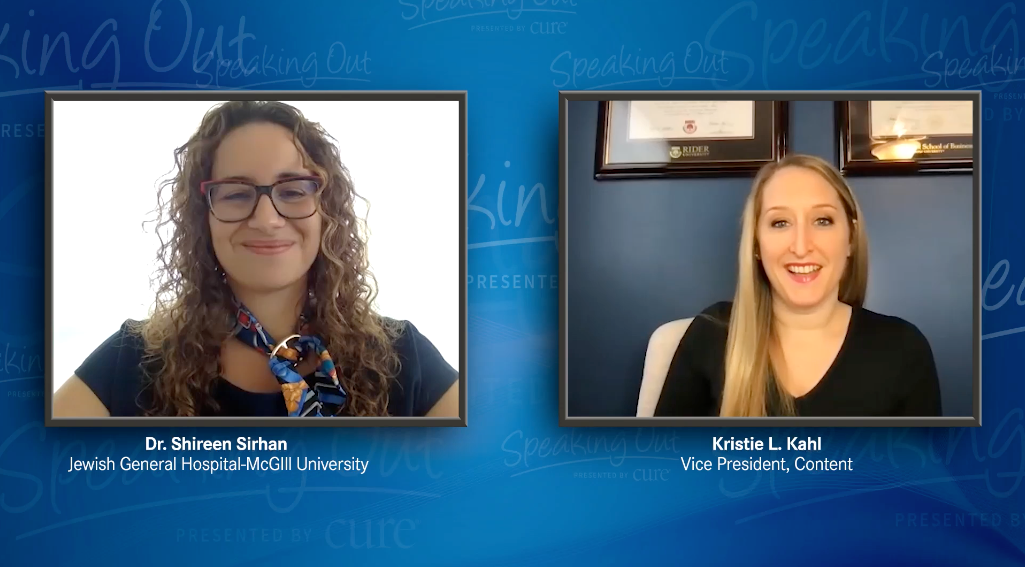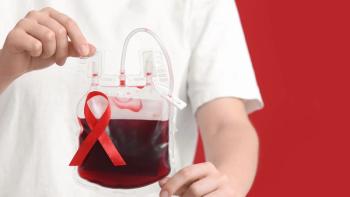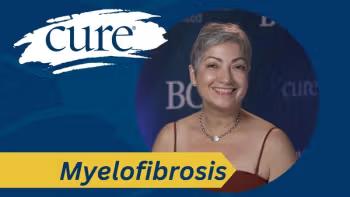
Taking an Active Voice in MPN Treatment to Improve Communication About Care

On behalf of the Canadian MPN Research Foundation, CURE spoke with Dr. Shireen Sirhan, from the Jewish General Hospital-McGIll University, about patients being their own best advocate in their MPN care.
Kristie L. Kahl: We talk a lot to our patients about being their own best advocate, but can you explain what that means?
Dr. Shireen Sirhan: For me, that means that patients should learn as much as possible about their disease and, now, about any potential new treatments that may be available to them and keep an open mind even if those are at a different center.
Kristie L. Kahl: What's the best way for patients to learn more about their disease so that they can have an active voice in their treatment decisions?
Dr. Shireen Sirhan: There is a lot of information out there and it is important to look for credible resources. People can find all sorts of information on the internet and not all of that comes from resources that are useful for the patients, I believe they should look at websites like the MPN Research Foundation, Canadian MPN Group, the patient support groups across Canada. In addition, we also have patient education days that are hosted by MPN physicians, where we try to provide our patients with the most up to date information and answer all of their questions.
Kristie L. Kahl: With that, why is patient-physician communication so key when it comes to a patient being their own best advocate?
Dr. Shireen Sirhan: It's absolutely key. The physician-patient relationship is a partnership, each one holds a piece of the puzzle. If the patient does not convey their symptoms or the side effects of their treatment, for example, effectively to their physician, then the physician may not be able to find the most effective therapeutic pathway for that patient.
Kristie L. Kahl: How does this communication play a role, not just in in deciding on treatment, but voicing on what's important to a patient, like quality of life, for example?
Dr. Shireen Sirhan: Again, it's a partnership. It's the patient's journey, and for the physician to effectively help them along this journey, they need to know what each patient's goals are. A physician, for example, might focus on blood counts or delaying progression, but the patient might have an important event in their life that they're working towards attending. So definitely the communication is key at this point in time.
We're very lucky. We're at an unprecedented time in MPN treatments, we have several options, including newer options that will be coming up that are being studied in clinical trials. This gives our patients hope, but it also adds to the complexity of the decision-making process. And communication cannot be overemphasized when it comes to that.
Kristie L. Kahl: To bring it all together, what is your biggest piece of advice for patients to help them find their voice in their care?
Dr. Shireen Sirhan: Education. I think that, as we say, knowledge is power. I personally love that my patients are educated about their disease. They often know when a major hematology conference is going to take place. They come to their appointments, and they ask me, “So doc, what new information did you learn in this conference that can help me?” We, as physicians, are privileged to learn from our patients about their disease every single day. And at the end of the day, it is always the patients who will drive the science forward and the patient advocacy groups that will help us move forward with things like drug reimbursement, especially in a place or health care system like we have in Canada.




